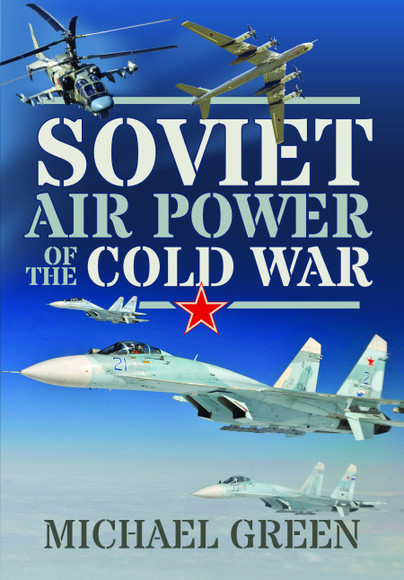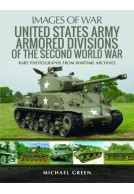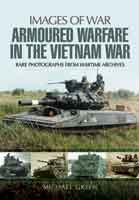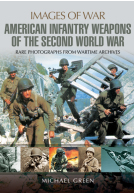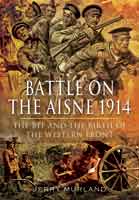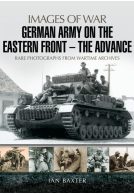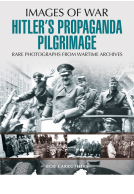Soviet Air Power of the Cold War (ePub)
Imprint: Pen & Sword Military
File Size: 83.3 MB (.epub)
Illustrations: 200 colour integrated
ISBN: 9781399085403
Published: 28th February 2023
| Other formats available - Buy the Hardback and get the eBook for £1.99! | Price |
|---|---|
| Soviet Air Power of the Cold War Hardback Add to Basket | £28.00 |
At the peak of the Cold War in the 1950s the Soviet Union possessed some 12,000 aircraft, making it the largest air force of all the protagonists. By the 1990s this had declined to around 8,000, the reduction largely reflecting the increase in aircraft capability.
As well as fighters and bombers, the Soviet inventory included trainers, transports, seaplanes, electronic warfare and ground attack aircraft, as well as an impressive helicopter fleet, notably the Mi-24 ‘Hind’ gunship and the massive Homer transport.
The Tu-4 ‘Bull’ was the first Russian nuclear-capable bomber, a copy of the US B-29, which was followed by their range of jet bombers, the Il-28 ‘Beagle’, Tu-16 ‘Badger’ and M-4 ‘Bison’. The prop driven Tu-20 ‘Bear’ and its successors including the Tu-22 ‘Backfire’ and finally the Tu-160 ‘Backfire’, were all formidable.
The jet-engined MiG-15 fighter entered service in 1948 and proved itself during the Korean War. The MiG-17, MiG-19 and MiG-21 followed . Ground-attack aircraft included the Su-7 ‘Fitter’ and M-23 ‘Flogger’. The 1970s saw the MiG-25 ‘Foxbat’ interceptor, followed by the MiG-29 ‘Fulcrum’ and Su-27 ‘Flanker’, coming into service.
All these aircraft and many more are authoritatively described and vividly illustrated in this comprehensive work.
"...an excellent survey of Soviet Air Force and Naval Aviation equipment during the Cold War."
The Journal of the Air Force Historical Foundation
"...a praiseworthy examination of the evolution of the Soviet air force throughout the Cold War."
Journal of Military History
It is fascinating to speculate that when author Michael Green set out to write this book it was as an historical reference work of a long-past Cold War. Now, little more than one year following Russia’s invasion of Ukraine, quite a number of those aircraft – even the veteran Tu-95 ‘Bear’ – are operational in a very ‘Hot War!’
Philip Styles - Archivist – The Shackleton Assn.
The wider world had observed towards the end of WW2, the impact of German and British operational jet aircraft and the Soviet Union had succeeded in acquiring significant amounts from the German side, both as hardware and research documentation – not least an entire development department amounting to thousands of personnel – and by 1946 the first fruits of this, the Mig-9 had flown.
However, despite this apparent gift, Stalin was realistic concerning the Soviet Union’s technical capabilities and, rather than attempting to produce direct copies of existing German jets, the first significant Soviet jet fighter, the Mig-15, came with a copy of the more reliable British jet engine. Nevertheless it was to prove a shock to the Western allies when encountered in the Korean War.
This profoundly researched and beautifully illustrated publication, which the author chooses to sub-divide into aircraft types - not neglecting to mention the contributions made by Western production hardware and software which the Soviets were intelligent enough to procure for ostensibly non-military uses - covers in some detail, the vast investment which the former Soviet Union dedicated to its military. A tour de force!
About Michael Green
Michael Green is the author of numerous acclaimed books in the Images of War series, including Armored Warfare in the Vietnam War, The Patton Tank: Cold War Warrior, M1 Abrams Tank, Allied Tanks of the Second World War, Allied AFVs of the Second World War, Axis Tanks of the Second World War, Axis AFVs of the Second World War, American Military Helicopters, US Airborne Divisions, USMC in the Vietnam War, US Armored Divisions of the Second World War, US Marine Corps in the Korean War, American Artillery, NATO and Warsaw Pact Tanks of the Cold War and Red Army Weapons of the World War.







